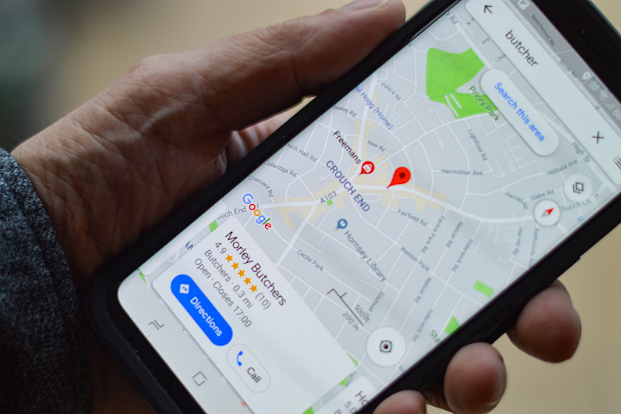Google Maps to Store Location Data On-Device for Privacy

Google Maps will transition its Timeline feature from cloud-based to on-device storage by December 1, 2024. The feature, previously known as Location History, tracks routes and visits. It will now link this information to individual devices instead of cloud-based Google accounts.
This change was first announced in December 2023, giving users time to save their travel history to their devices before the shift. However, Google recently sent out an email to users, highlighting the deadline to manually transfer travel data before it’s automatically deleted.
When the change comes into effect, users will no longer be able to access their Timeline via the web. Instead, travel history from the past 90 days will migrate to the first device a user signs into, with older data being deleted. Users must enable the new Timeline settings on their mobile devices to continue using the feature. Settings can also be adjusted to keep location data until manual deletion or have Google auto-delete it after 3, 18, or 36 months.
In its current form, Timeline stores a variety of location information on each user’s Google Account, even if Location History is turned off. According to Google’s notice, “This activity can include info about your location from your device’s general area and IP address.”
Lately, Google has taken several steps to improve the privacy of its services. It recently started deleting sensitive locations, such as abortion clinics, domestic violence shelters, weight loss centers, and more, in an effort to prevent authorities from tracking this information. Now, by limiting data storage to devices, Google further minimizes the risk of sensitive information being accessed or misused.
Users can update their Timeline settings by opening Google Maps on their mobile device, selecting their profile picture, and navigating to Your Timeline. Additional controls allow users to also delete activity information from specific Google apps, like the Play Store, News, Translate, and more.
This news comes amid heightened concern about how AI and cloud-based technologies threaten user privacy. For example, Microsoft recently announced its new Recall feature, which creates a searchable history of user activity by taking screenshots of their active screen every 3 seconds.



Please, comment on how to improve this article. Your feedback matters!